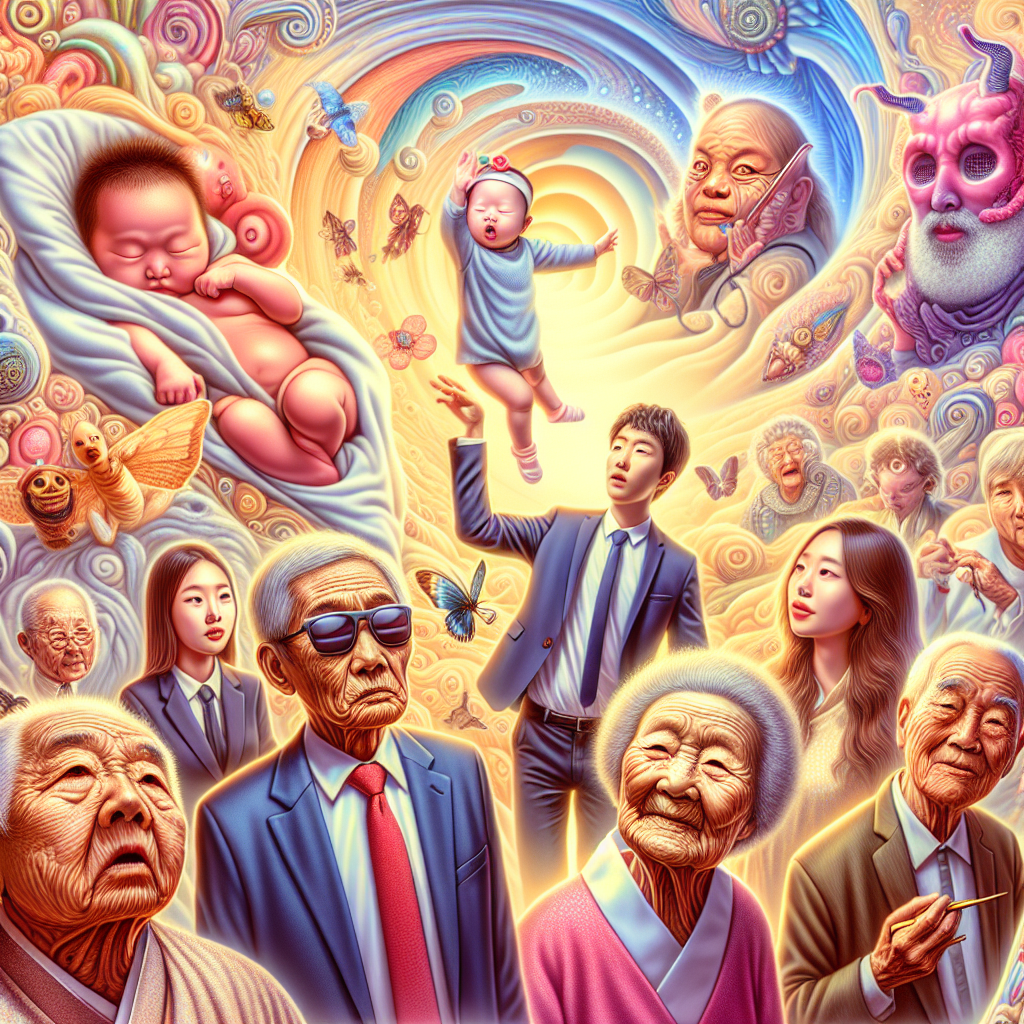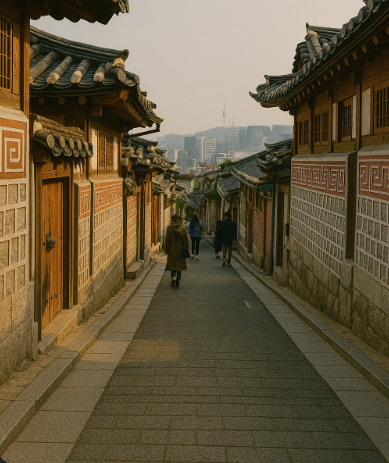Exploring Korean Literature: A Journey Through Time and Culture
Korean literature is a profound reflection of the country’s rich cultural heritage, societal shifts, and historical developments. Spanning from traditional poetry and classical novels to contemporary works, Korean literature offers a unique lens into the heart of Korea. This exploration delves into its development, key genres, notable authors, and the impact of modernization on Korean literary traditions.
Historical Background of Korean Literature
Korean literature has its roots in the ancient oral traditions of the peninsula. Initially conveyed through folk songs and narratives, these oral forms laid the groundwork for the first written texts. The introduction of Chinese characters during the Three Kingdoms period brought a significant transformation as Korean writers began to adopt and adapt the complex Chinese literary system. This continued until the development of Hangul in the 15th century, which democratized writing and allowed broader public engagement.
During the Joseon Dynasty, Confucian ideals heavily influenced literary works, focusing on social ethics, morality, and the human condition. The invention of the Korean script, Hangul, by King Sejong the Great was a revolutionary step, making literature accessible to the general public. As Korea opened up to the world during the late 19th and early 20th centuries, literature began reflecting an amalgamation of traditional values and modern influences.
Key Genres in Korean Literature
Korean literature is diverse, featuring a range of genres that reflect varying aspects of Korean life and culture. Classical poetry, notably Sijo, has been a prominent form, characterized by its elegant expression and philosophical depth. Sijo poetry often explores themes such as nature, life, and the fleeting beauty of existence, capturing moments of introspection and nostalgia.
Modern Korean literature expanded into various prose forms, including short stories and novels. Themes often explore identity, social critique, and the human condition. Modern genres include science fiction and romantic fiction, reflecting evolving societal interests and challenges. Additionally, the genre of webtoons — digital comics — has gained international popularity, showcasing Korea’s ability to innovate and adapt literary expression to digital platforms.
Notable Korean Authors and Their Contributions
Several Korean authors have made significant contributions to both national and global literary landscapes. One of the most notable figures is Yi Mun-yol, whose works often explore themes of identity, morality, and socio-political issues. Kim Young-ha is recognized for his explorative narratives that delve into existential themes and the human psyche.
Shin Kyung-sook’s novel “Please Look After Mom” has garnered international acclaim, shedding light on family dynamics and modernization’s impact on traditional values. Han Kang, winner of the Man Booker International Prize for “The Vegetarian,” uses her platform to address themes of bodily autonomy and societal pressure. These authors, among others, highlight the profound depth and variety found within Korean literature, appealing to both domestic and international readers.
The Impact of Modernization on Korean Literature
The rapid modernization and globalization of Korea have undoubtedly influenced its literary landscape. Contemporary Korean literature reflects a dynamic confluence of tradition and new narratives, echoing the complexities of modern life. This transitional period has led authors to explore themes such as urban alienation, technological advances, and the cultural ramifications of rapid economic growth.
The digital age has also transformed how literature is consumed, with the rise of web novels and online platforms like Naver and KakaoPage where readers can access serialized novels and comics. This shift not only signifies a change in format but also expands the reach of Korean literature to a global audience, breaking geographic and cultural boundaries.
The Role of Translation in Globalizing Korean Literature
The translation is a crucial bridge in introducing Korean literature to international audiences. The works of translators like Deborah Smith have brought Korean literature to the forefront on the world stage, helping stories achieve broader recognition and appreciation. This process not only amplifies Korean voices globally but also enriches the global literary dialogue with diverse perspectives.
Conclusion
Korean literature provides a profound insight into Korea’s past, present, and future. It encapsulates a wealth of cultural, historical, and philosophical richness that continues to evolve. As more readers around the world gain access to its treasures, Korean literature is set to play an increasingly prominent role in global literary spheres.
Frequently Asked Questions (FAQ)
What are the most popular genres in modern Korean literature?
Modern Korean literature is diverse, featuring genres such as contemporary romance, science fiction, and psychological thrillers, alongside classical genres like poetry and historical fiction.
Why is Hangul important in Korean literature?
Hangul democratized Korean literature, allowing for more accessible written expression beyond the elite classes, fostering a rich tradition of literary culture among the general population.
Who are some must-read Korean authors?
Notable Korean authors include Yi Mun-yol, Han Kang, Shin Kyung-sook, and Kim Young-ha, each offering unique perspectives and storytelling styles worth exploring.
Summary
✅ Korean literature is a rich tapestry reflecting Korea’s cultural history and societal changes.
✅ Hangul’s invention was pivotal for literary access and engagement.
✅ Key genres include classical poetry (Sijo), modern narratives encompassing diverse themes.
✅ Notable authors include Yi Mun-yol, Han Kang, and Shin Kyung-sook.
✅ Translation plays a vital role in the global reach of Korean literature.
#KoreanLiterature #Hangul #SijoPoetry #ModernKoreanFiction #YiMunYol #HanKang #ShinKyungSook #KimYoungHa #GlobalLiterature #TranslationOfKoreanBooks #KoreanAuthors #LiteraryCulture #AsianLiterature #KoreanHistory #JoseonDynasty #ConfucianLiterature #Webtoons #DigitalLiterature #KoreanModernization #AsianAuthors #LiteraryTraditions #SocioPoliticalThemes #ExistentialFiction #FamilyDynamics #KoreanCulturalHeritage #BookerPrize #KoreanFiction #CulturalNarratives #HistoricalDevelopment #ContemporaryLiterature #LiteratureAndTechnology


